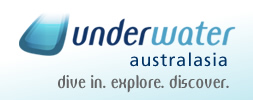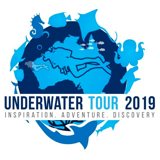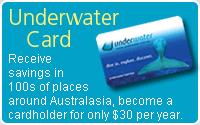- Home
- Directory
- Shop
- Underwater Cameras - Photographic Accessories
- Smartphone Housings
- Sea Scooters
- Hookah Dive Systems
- Underwater Metal Detectors
- Dive Gear
- Dive Accessories
- Diving DVD & Blu-Ray Discs
- Diving Books
- Underwater Drones
- Drones
- Subscriptions - Magazines
- Protective Cases
- Corrective Lenses
- Dive Wear
- Underwater Membership
- Assistive Technology - NDIS
- On Sale
- Underwater Gift Cards
- Underwater Art
- Power Stations
- Underwater Bargain Bin
- Brands
- 10bar
- AOI
- AquaTech
- AxisGo
- Backscatter Underwater Video and Photo
- BLU3
- Cayago
- Chasing
- Cinebags
- Digipower
- DJI
- Dyron
- Edge Smart Drive
- Eneloop
- Energizer
- Exotech Innovations
- Fantasea
- Fotocore
- Garmin
- Geneinno
- GoPro
- Hagul
- Hydro Sapiens
- Hydrotac
- Ikelite
- Indigo Industries
- Inon
- Insta360
- Intova
- Isotta Housings
- Jobe
- JOBY
- Kraken Sports
- LEFEET
- Mirage Dive
- Nautica Seascooters
- Nautilus Lifeline
- NautiSmart
- Nitecore
- Nokta Makro
- Oceanic
- Olympus
- OM System
- Orca Torch
- Paralenz
- PowerDive
- QYSEA
- Scubajet
- Scubalamp
- Sea & Sea
- SeaDoo Seascooter
- SeaLife
- Seavu
- Shark Shield
- Sherwood Scuba
- Spare Air
- StickTite
- Sublue
- Suunto
- SwellPro
- T-HOUSING
- Tusa
- U.N Photographics
- Venture Heat
- XTAR
- Yamaha Seascooter
- Youcan Robot
European Union gets tough on Indonesian fish imports
Good news for the ocean and for sustainable fishing.
The EU requires all fishery imports from Indonesia to be certificated from January 2010 as part of its sustainable fisheries policy, to curb illegal, unreported and unregulated fishing.
The Directorate General for Distribution of Fishery Products said in a published statement Sunday that the certification applies to all fishery products except fish from fresh water farming, aquariums, shellfish, seaweed, scallops, oysters and some other specific items.
"The new regulation *concerning the EU certification requirements*correlates with the EU's reputation as the best in implementing a high quality of fish in relation to sustainable fisheries," said spokesperson for the director general, Soen'an H. Poernomo. He was confirming that there would be a new regulatory framework to ensure certification standards could be met.
Soen'an said the new certificate must be filled in by local exporters who already had an "approval number" and details should be filed with competent local authorities to complete the validation process.
"This would mean that all exported fishery products are produced from fishing activities that comply with all existing best practices in fishery management and conservation," he said.
The certification would also take account of variables such as the period needed for shipment from Indonesia to Europe and how long the fishery products stayed in cold storage during shipment, Soen'an said.
The standards for certification, however, will be less demanding for small scale fishery businesses.
"The European Commission has accepted the simplification of the certification for small scale fishery businesses as proposed by a team from the EU Directorate General for Maritime and Fisheries," Soen'an said.
The European Commission's definition of small scale fisheries are based on the following :- fishing with a boat no longer than 12 meters and without using towing gear, or fishing with a boat up to eight meters in length but is equipped with towing gear with a capacity of less than 20 gross tons.
"Hence all small scale fishermen does not have to fill in the certification form. This simplification will be translated into the implementing rules to be issued by the European Commission in July," he said.
Any violation of certification requirements would result in a notification from the European Commission to local authorities. Should no further steps be taken by the local authorities, the Commission would list the related exporter in the EC -IUU Vessel List (of illegal, unreported or unregulated suppliers).
All shipments from companies so listed would be automatically rejected from entering the 27 nation EU.
Any exporting countries that disregarded the notification would be listed in the "non-cooperating countries" category, which would result in a trading ban of all fishery products from that country.
"It could also result in the termination of fishery products trade cooperation between the European Union and the country," he said.
The Ministry of Marine Affairs and Fisheries targets 9 percent growth in the value of fish products to be exported this year, amounting to US$2.8 billion. This target is slower than the growth from 2007 to 2008.
The US, EU and Japan are still the biggest importers of Indonesian fishery products, taking between them a total of 65 to 70 percent of all Indonesian exports, followed by East Asia (Taiwan, Korea, China, Thailand, Singapore, Malaysia) contributing a total of about 24 percent.
Indonesia's main fisheries products are shrimps and tuna fish. Last year, shrimp exports contributed $1.2 billion or almost 50 percent out of the value of total fisheries exports, which reached $2.56 billion.
From 'The Jakarta Post' 11 June 2009
![]() Contributed by Tim Hochgrebe added 2009-06-11
Contributed by Tim Hochgrebe added 2009-06-11
Replies of 1
-
 Tim Hochgrebe added 2009-06-11
Tim Hochgrebe added 2009-06-11
Along the same lines is a current post that Indonesia is ready to sink illegal fishing boats.
Jakarta (ANTARA News) - Indonesia is ready to sink foreign boats fishing illegally in the country`s waters, Marine Resources and Fisheries Minister Freddy Numbery said here on Tuesday.
He said firm action was needed to deter foreign boats from continuing to poach in Indonesian waters.
"We are glad the House`s Commission IV supports us in this," he said at a meeting with the House commission.
He said his office and the parliament were currently revising the law on marine resources with regard to dealing with crimes in the seas.
The revision would be aimed at regulating firm actions including sinking ships found illegally fishing in the country`s waters.
Commission IV member Elviana said the firm actions needed to be implemented immediately to deter foreign parties intending to steal fish from Indonesian waters.
She said the system of auctioning seized boats was not effective as shown by the fact that illegal boats such as from Thailand still continued operating in a great number.
She said the system had been manipulated. "It is believed auctions have been arranged to ensure that the boats can be sold to their owners who are also the suspects," she said.
So, Elviana said, sinking the boats would be the right way to generate a deterrent effect.
She said many boats had entered into the country`s waters to fish tuna that abound in Indonesian seas.
"Tuna fish sells well so that many foreign fishermen are venturing into the country`s waters. This must not be allowed to continue," she said.
From http://www.antara.co.id/en/view/?i=1244593462
Replies of 1
![]() Login or become a member to join in with this discussion.
Login or become a member to join in with this discussion.

 Local Dive Thailand
Local Dive Thailand
Phuket's local scuba diving experts. A great blend of Thai local knowledge and European professionalism that equals a superb dive experience with the most knowledgeable guides and instructors
Shopfront
-
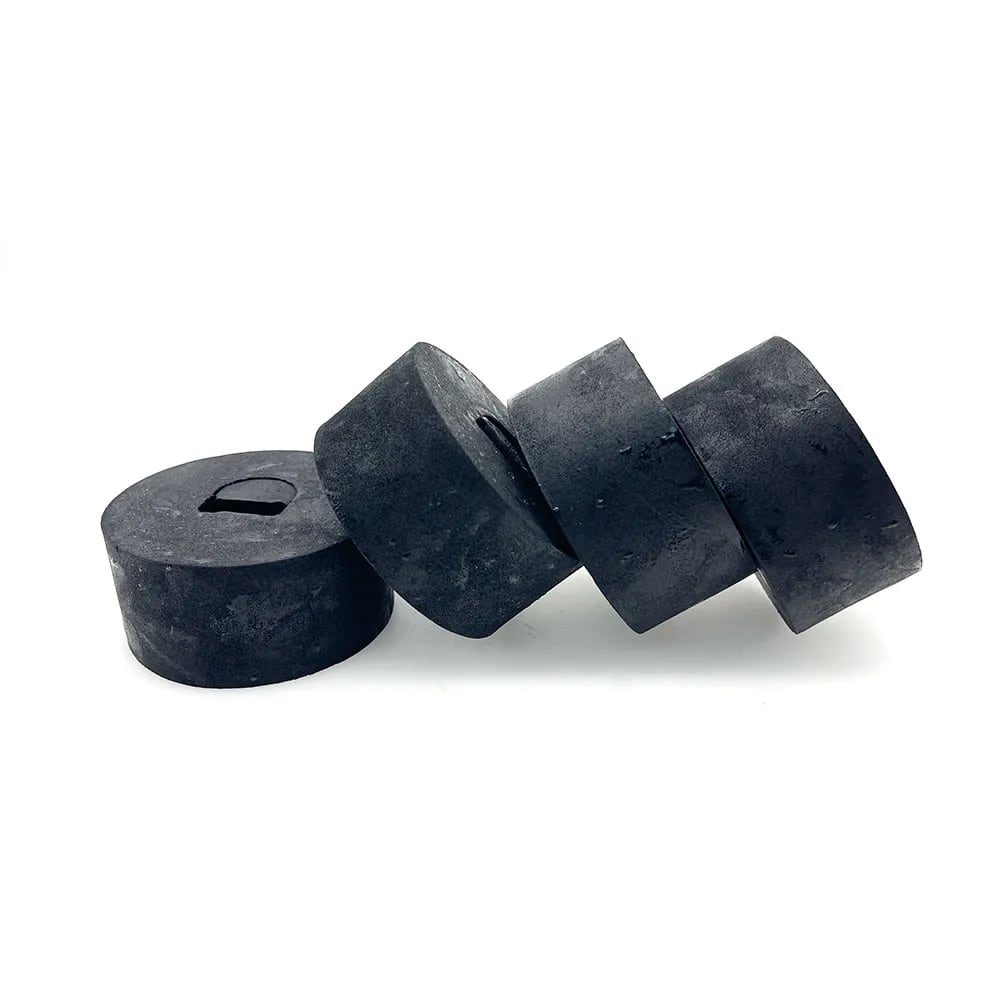 Nitescuba Float Block FAXS/FAXM
Nitescuba Float Block FAXS/FAXM
- Price A$ 59.95
-
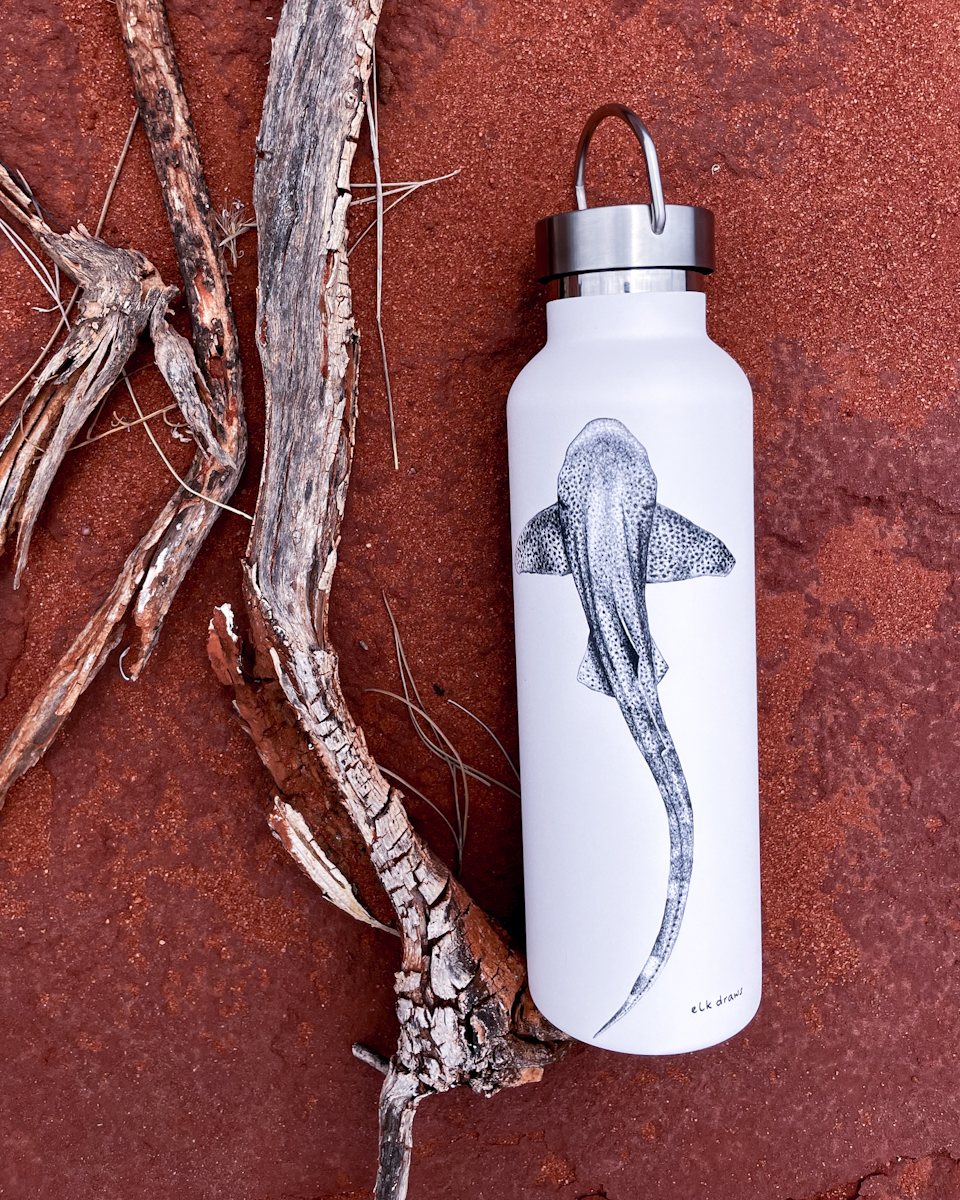 Underwater X Elk Draws Stainless Steel Insulated Water Bottle for Mental Health - Leopard Shark
Underwater X Elk Draws Stainless Steel Insulated Water Bottle for Mental Health - Leopard Shark
- Price A$ 39.95
-
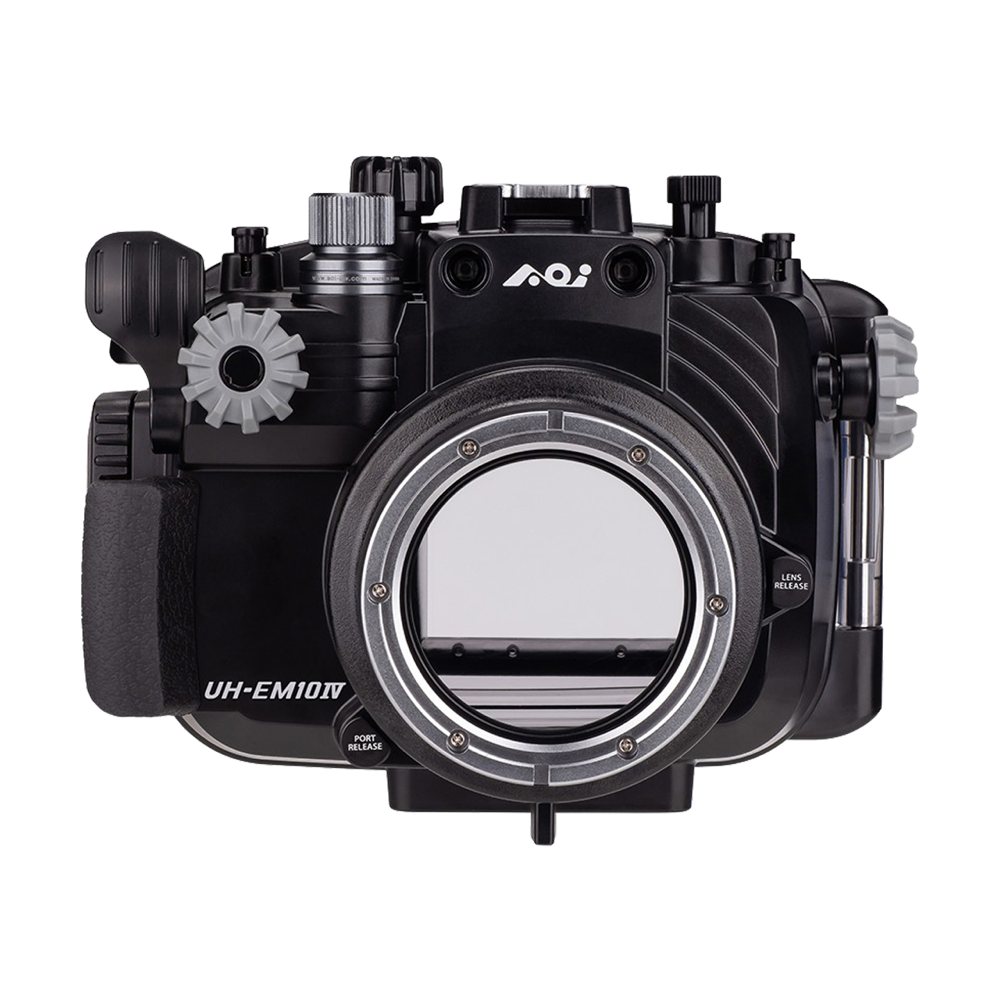 AOI UH-EM10IV Underwater Housing for Olympus EM-10 IV
AOI UH-EM10IV Underwater Housing for Olympus EM-10 IV
- Price A$ 1,189.00
-
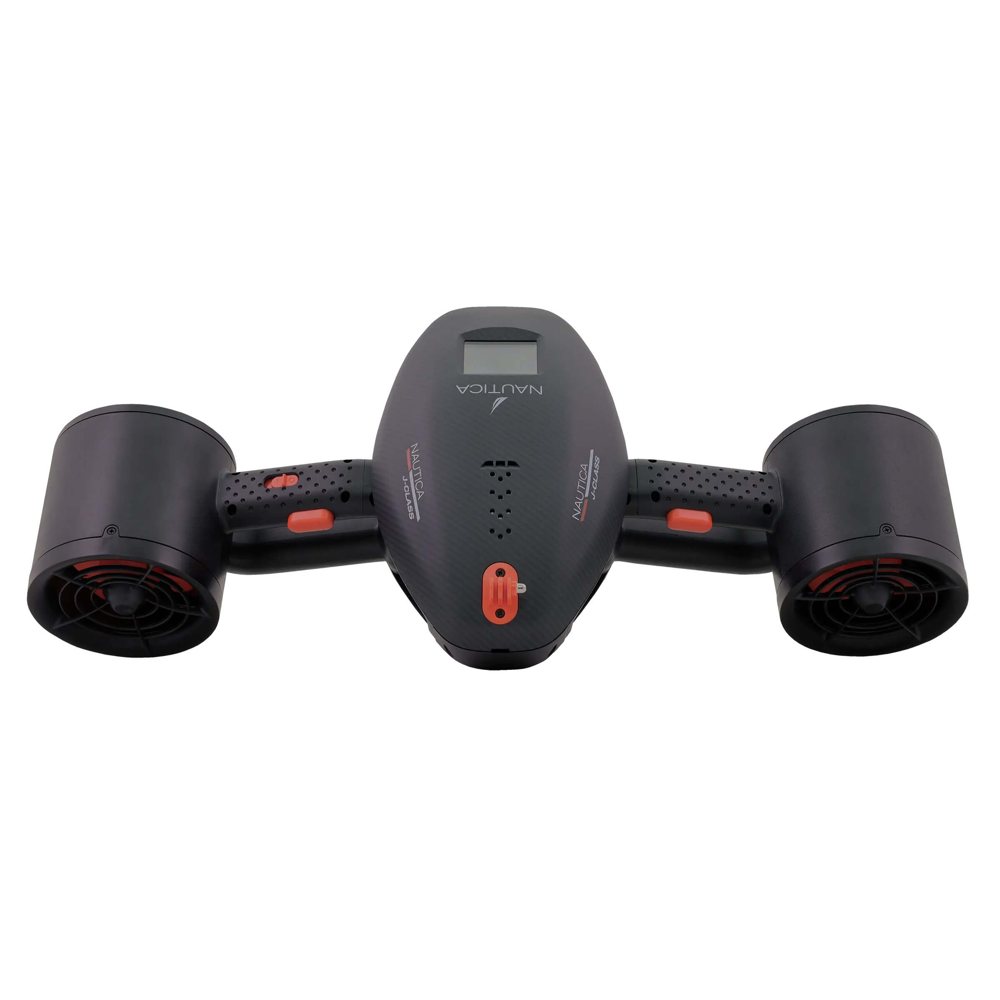 Nautica J-Class Seascooter
Nautica J-Class Seascooter
- Price A$ 1,499.00
-
 GoPro HERO13 Black Action Video Camera
GoPro HERO13 Black Action Video Camera
- Price A$ 649.00
-
 Sealife Sea Dragon Duo 10K+ Color Boost Set
Sealife Sea Dragon Duo 10K+ Color Boost Set
- Price A$ 2,395.00
-
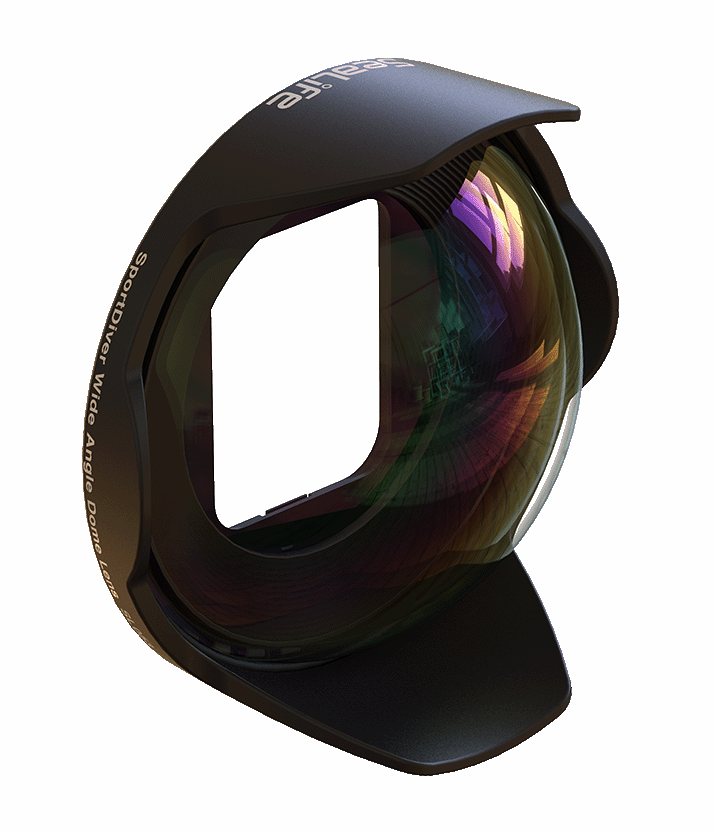 Sealife 6” / 15cm Wide Angle Dome Lens for SportDiver
Sealife 6” / 15cm Wide Angle Dome Lens for SportDiver
- Price A$ 349.00
-
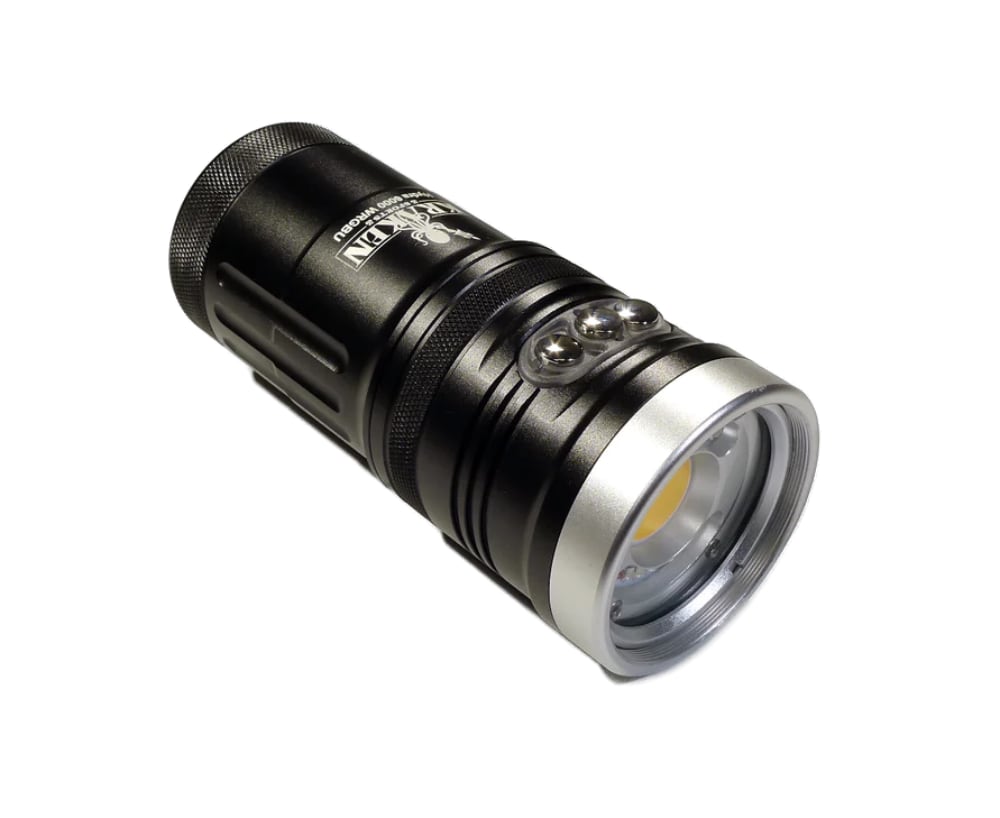 Kraken Hydra 6000 WRGBU
Kraken Hydra 6000 WRGBU
- Price A$ 899.00
Articles
-
 So that's what a remora feels like!
So that's what a remora feels like!
by Ric Mingramm
- The Rip is the name given to that renowned stretch of water at the entrance to Port Phillip Bay, separating Points Lonsdale and Nepean. This area can be one of the most dangerous stretches of water on our continent, but at times can be so peaceful and calm that one could not envisage the hundreds of ships which have been lost in its vicinity.
